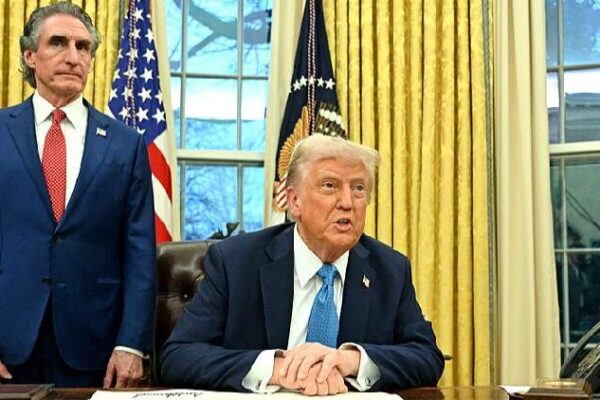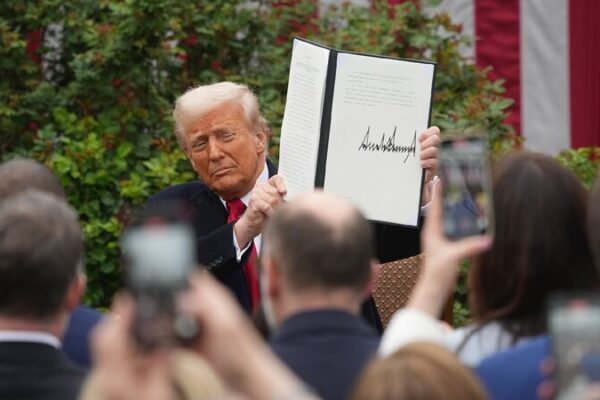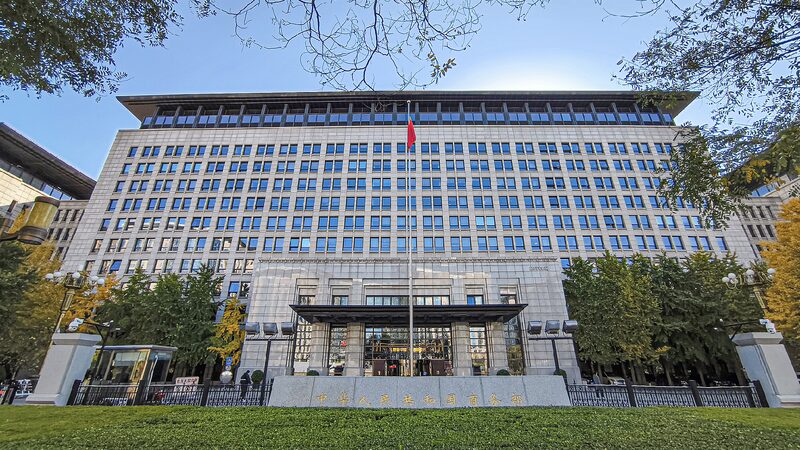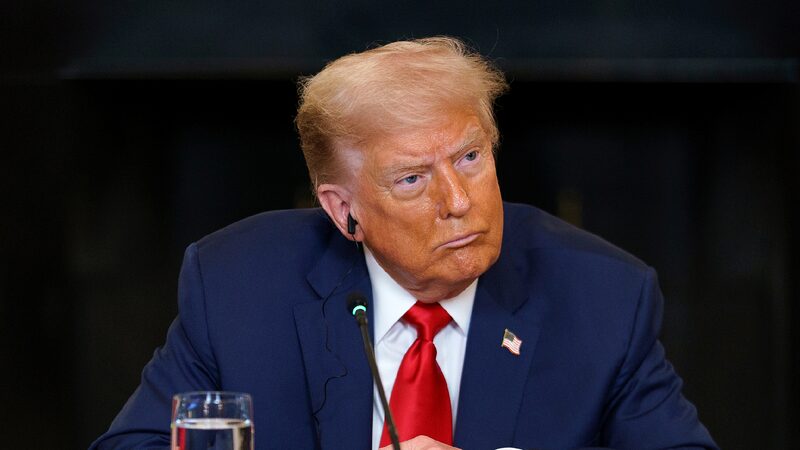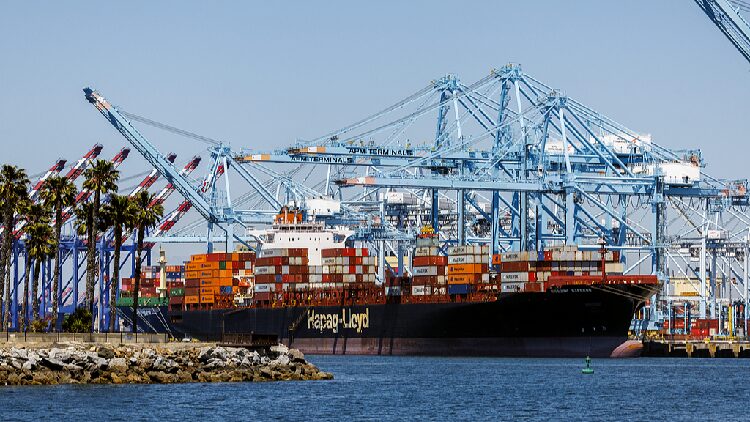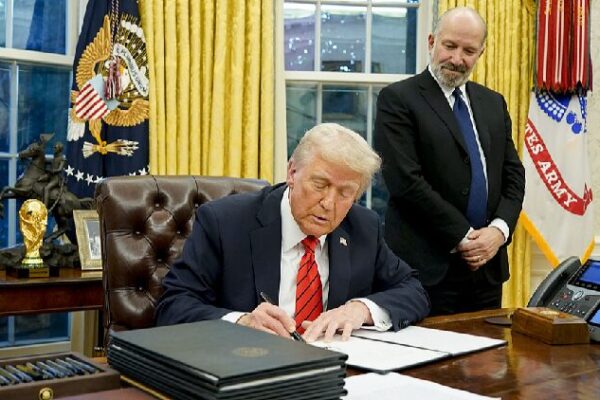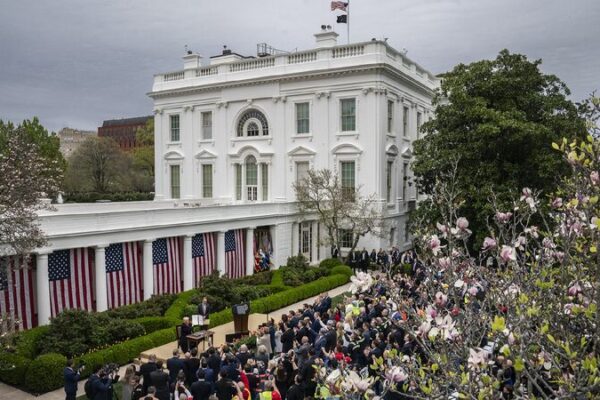Global Unity Needed to Counter U.S. Tariff Measures
The United States’ recent imposition of steep tariffs on imports has sparked widespread concern and opposition around the world. Many nations are calling for a united front to address what they perceive as unilateral and protectionist trade policies that threaten the stability of the global economy.
After the U.S. announced significant tariffs on Chinese goods, the Chinese mainland responded with its own set of tariffs on U.S. imports. This escalation has raised fears of a potential trade war that could disrupt international supply chains and impact economic growth worldwide.
“The United States is shifting from the greatest advocate of free trade to the most dangerous destroyer,” warned Nobel Prize-winning economist Joseph Stiglitz. The International Monetary Fund (IMF) has also cautioned that such unilateral actions could lead to a contraction in global trade volume.
World leaders have voiced their concerns. European Commission President Ursula von der Leyen stated that the European Union would counter the U.S. tariff policy, emphasizing the need for resolving disputes through multilateral mechanisms. German Chancellor Olaf Scholz echoed this sentiment, criticizing unilateralism and advocating for dialogue.
French President Emmanuel Macron expressed that the U.S. measures undermine the global trade system and has indicated that France will take appropriate actions in response. Mexico has also pledged retaliatory measures if tariffs are imposed on its exports.
The Director-General of the World Trade Organization (WTO), Ngozi Okonjo-Iweala, highlighted that the U.S. tariff measures violate the principles of fair trade and could lead to a systemic collapse of global trade rules.
A recent poll indicates overwhelming support for collective action against unilateral tariff practices. The majority of respondents believe that unity is essential to protect national interests and maintain a fair international trade order. Many support stronger international cooperation through multilateral frameworks and an active role for organizations like the WTO in mediating disputes.
Regional collaborations, such as those between China, Japan, and South Korea, as well as China and the European Union, are seen as crucial in resisting protectionist moves. There is also caution against tactics that aim to divide countries by offering preferential treatment in exchange for imposing tariffs on others.
History has shown that appeasement is not an effective strategy against economic aggression. The international community is reminded of the importance of standing together to uphold fairness, justice, and the stability of the global economy.
As the world navigates these challenging times, unity and cooperation remain key to ensuring a prosperous future for all nations.
Reference(s):
Why it's necessary to join hands to counter U.S. tariff bullying
cgtn.com

